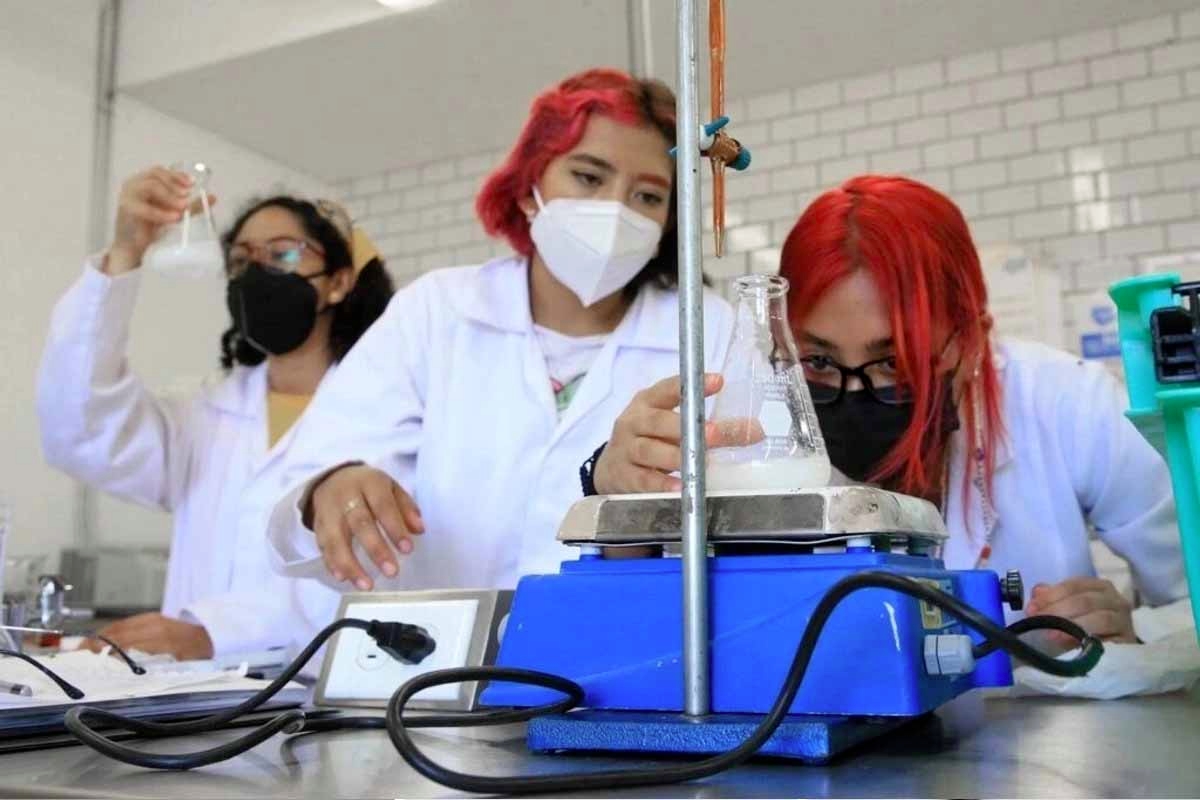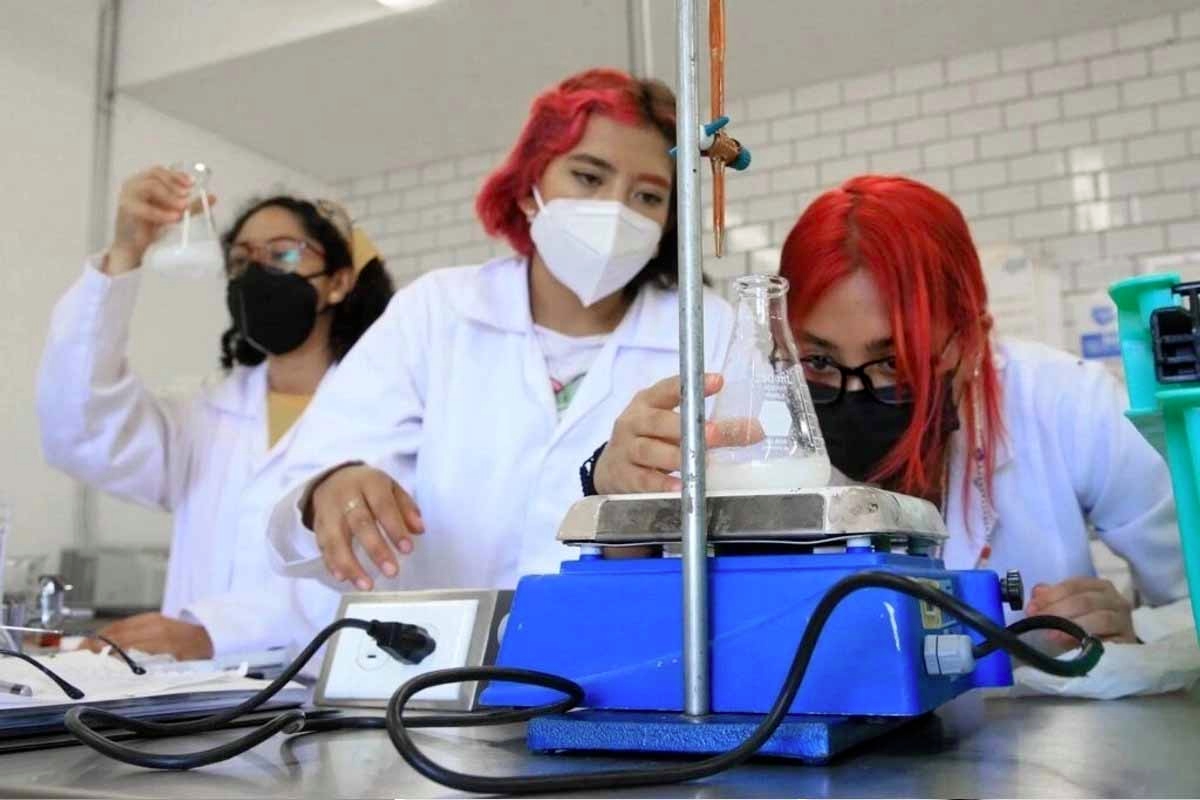Only 12.9% of women in Mexico work in science, technology and AI

In Mexico, only 12.9 percent of STEM jobs —science, technology, engineering and mathematics— are held by women, while globally between 20 and 29 percent of those working in artificial intelligence (AI) are women, warned Violeta Vázquez Rojas, Undersecretary of the Ministry of Science, Humanities, Technology and Innovation (SECIHTI).
During the ANUIES-ICT UNAM 2025 Meeting, the official emphasized that new technologies must be designed and implemented with a gender and inclusion perspective. Otherwise, “the biases of the past will be reproduced in the algorithms of the future.”
Vázquez Rojas emphasized that digitization, high-performance computing, and artificial intelligence will only fulfill their transformative promise if they contribute to reducing the historical gaps that limit access to knowledge and development. “Their value lies not only in automating or predicting, but in democratizing opportunities,” he explained.
Currently, only 30 out of every 100 graduates in STEM fields are women, and the sectors with the lowest female participation are engineering and technological development with 21.9 percent and physics, mathematics and earth sciences with 24 percent.
The rector of UNAM, Leonardo Lomelí Vanegas, agreed that closing the digital divide would have a significant global impact. According to UN Women, it would improve the lives of more than 343 million women and girls and lift 30 million women out of poverty by 2050, adding $1.5 trillion to global GDP by 2030.
“Therefore, public policies for digitalization must be consolidated as a public good oriented towards social justice and substantive equity,” Lomelí Vanegas pointed out.
The National System of Researchers (SNI) paints a more encouraging picture: 40 percent of its members are women, although at the highest levels—SNI III and emeritus—the figure drops to 27 percent. Forty years ago, there were five men for every woman in the SNI; today, the gap is 18 percentage points.
Luis González Placencia, secretary of ANUIES, emphasized that ICTs are powerful tools, but their value depends on those who apply them with a human, ethical, and transformative approach. “Technology is not an end in itself, but a means to strengthen learning, research, management, and social well-being,” he affirmed.
The artificial intelligence applications market in Mexico grew from $98 million in 2024 to a projected $450 million in 2025, while almost 70 percent of Mexican companies plan to increase investment in this field.
The ANUIES-ICT meeting at UNAM brought together academic communities, students, administrative staff, and society at the forefront, highlighting the collaboration and talent that make innovation and digital transformation possible. Each shared project reflects a commitment to a more inclusive, responsible, sustainable higher education that is connected to current challenges.
La Verdad Yucatán





